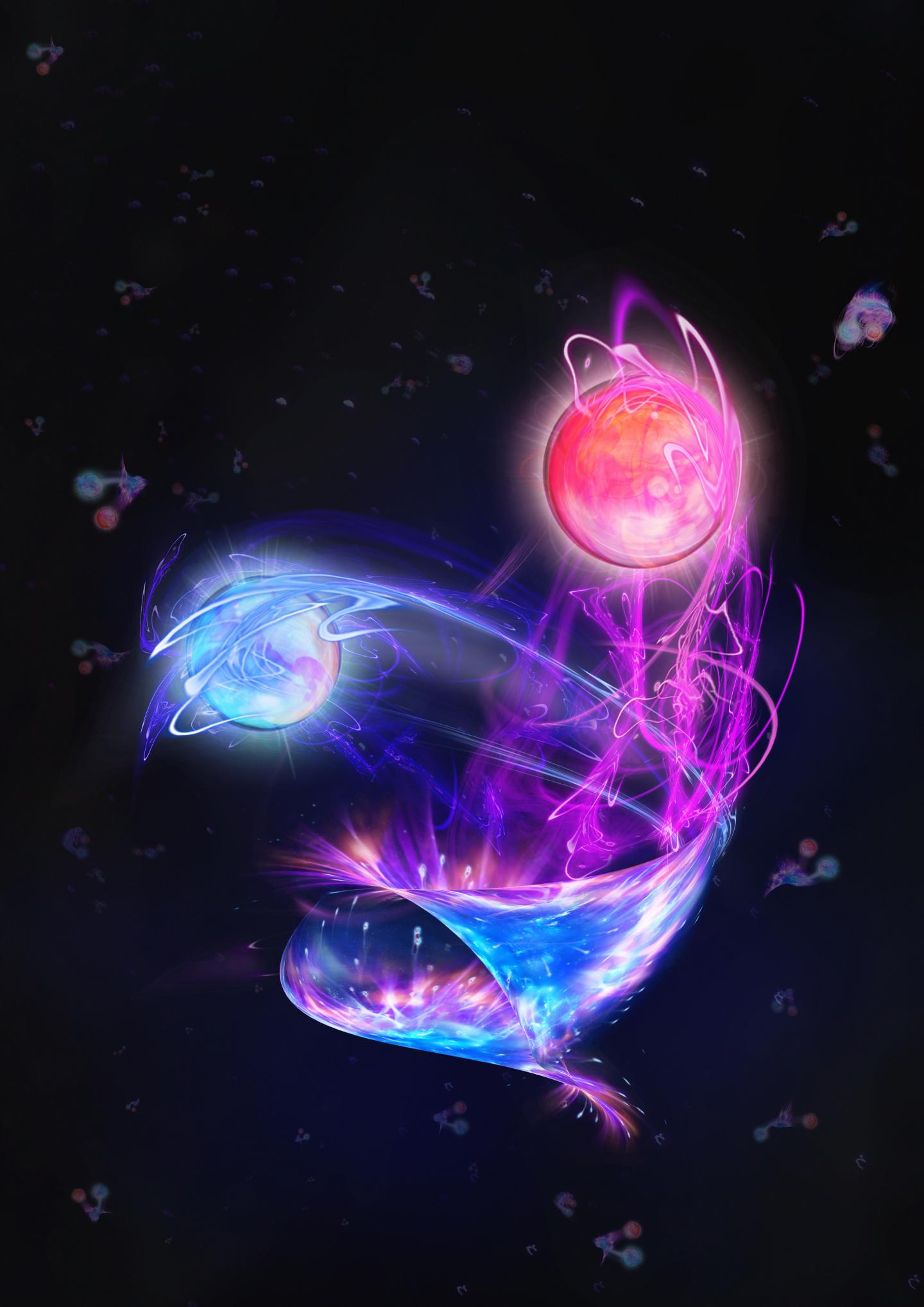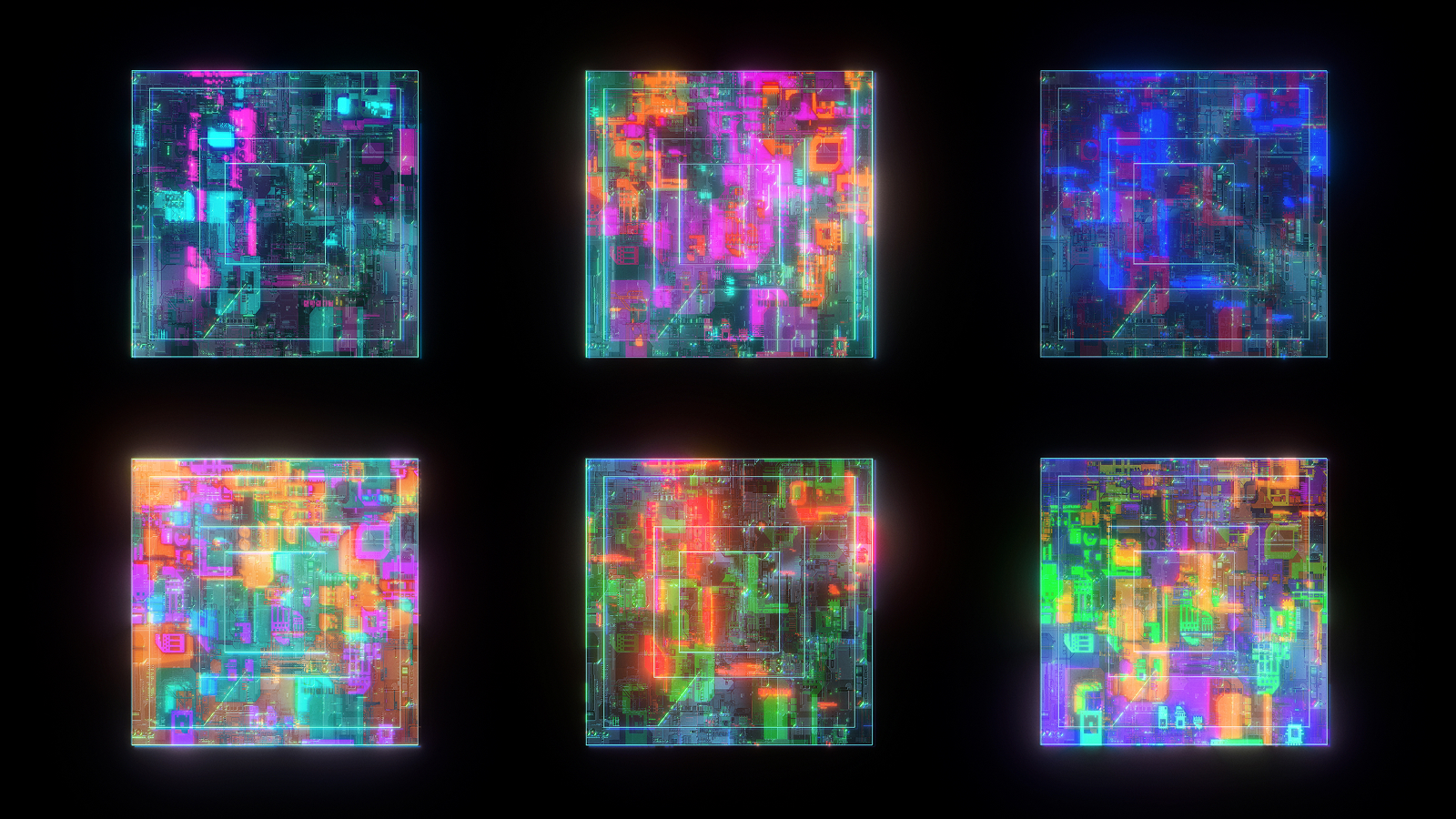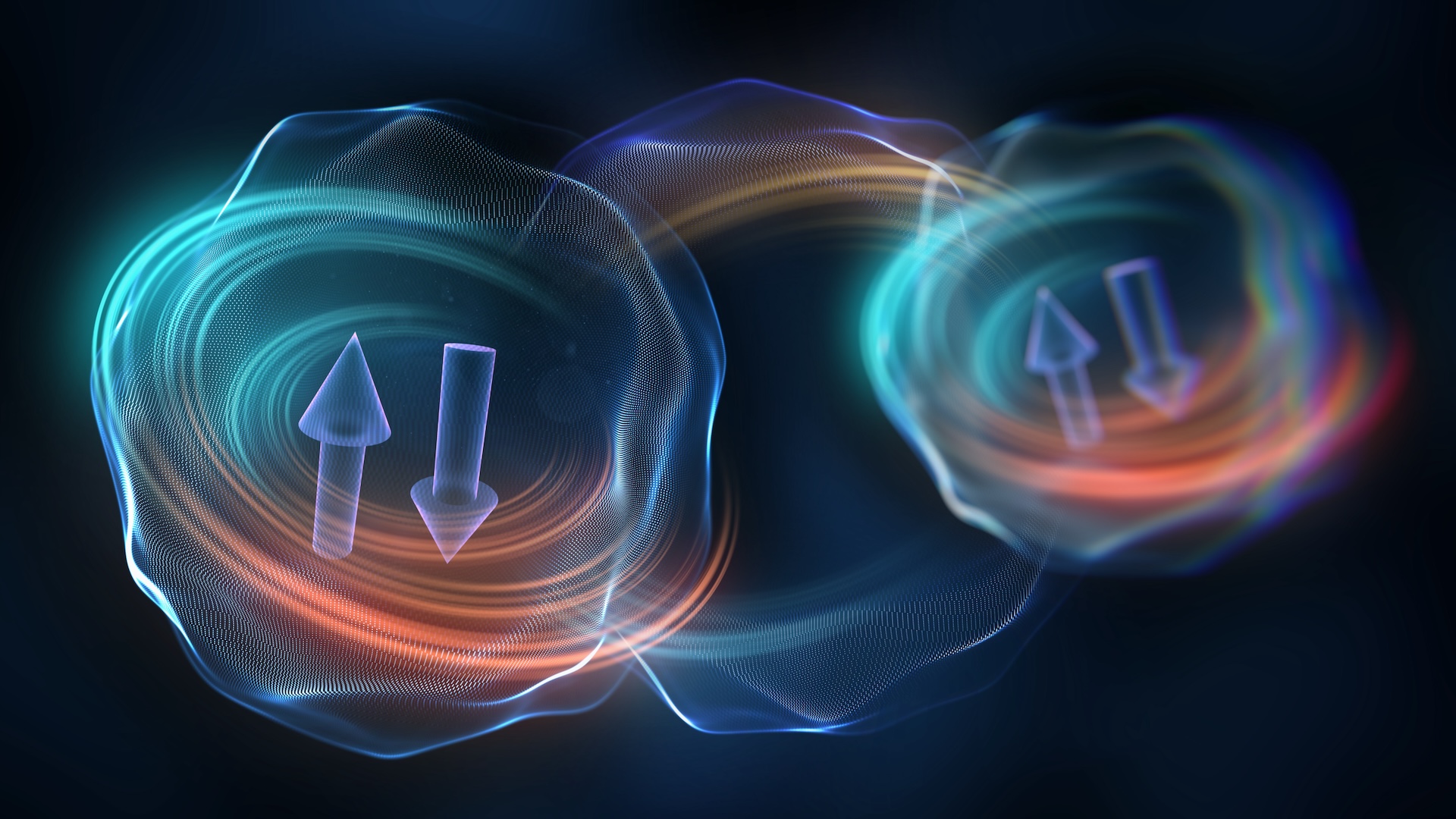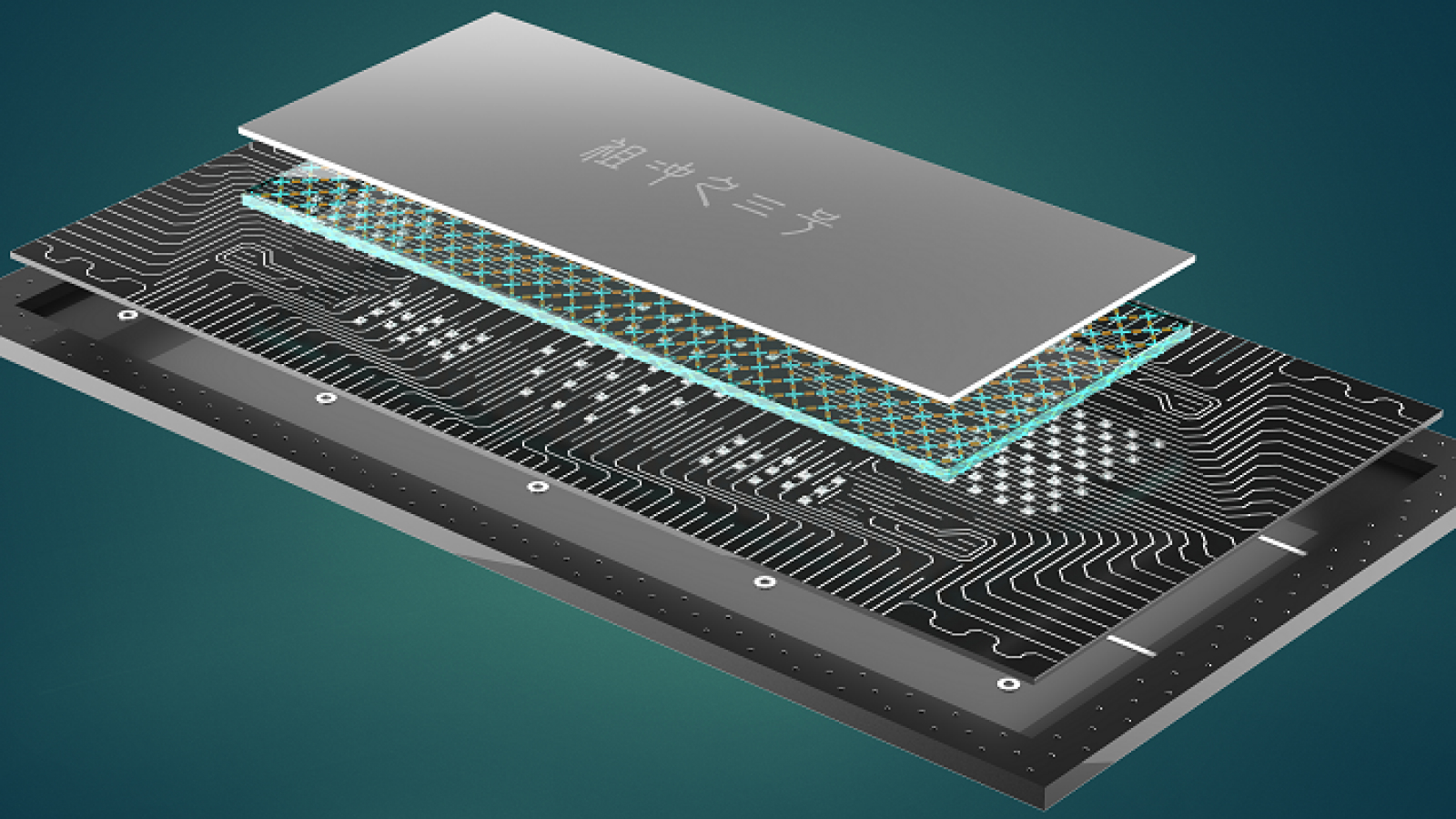Quantum Computers

Unlike traditional computers that rely on bits of information that can be in one of two states (1 or 0), quantum computers manipulate qubits, or units of information tucked inside subatomic particles. That means, they follow the wacky laws of quantum mechanics and so can be in two states at once. This ability allows quantum computers to theoretically store exponentially more information than your everyday laptop. Live Science is here to dissect the latest achievements and discoveries in this bizarre quantum world of computing.
Latest about quantum computers

'Squeezing' Schrödinger's cat-inspired qubits could lead to more reliable quantum computing
By Peter Ray Allison published
A new technique improves the reliability of cat qubits by squeezing their probabilistic states. This could improve their reliability and lifetime, and pave the way for accurate quantum computing.

Scientists observe new quantum phase that could have major implications for quantum computing
By Alan Bradley published
The exotic quantum phase, predicted over half a century ago, could lead to advances in quantum computing, sensors and communication technology.

What is quantum superposition?
By Jess Thomson last updated
Quantum superposition is a phenomenon in which a tiny particle can be in two states at the same time — but only if it is not being directly observed.

Physicists create hottest Schrödinger's cat ever in quantum breakthrough
By Ben Turner published
Physicists have replicated the famous Schrödinger's cat experiment at hotter temperatures than ever before. The breakthrough is a small but significant step toward quantum computers that can work at normal temperatures.

Quantum computing breakthrough could make 'noise' — forces that disrupt calculations — a thing of the past
By Ben Turner published
Useful quantum networks are hobbled by the problem of decoherence from environmental "noise." But a new breakthrough could change that.

MIT 'remote entanglement' discovery could lead to scalable 'quantum supercomputers'
By Alan Bradley published
A new device enables remote entanglement, allowing distant quantum processors to communicate with one another with reduced error rates.

Government scientists discover new state of matter that's 'half ice, half fire'
By Alan Bradley published
U.S. government scientists have developed a new phase of matter dubbed 'half ice, half fire,' which unites opposing electron spins in a unique magnet.

China achieves quantum supremacy claim with new chip 1 quadrillion times faster than the most powerful supercomputers
By Alan Bradley published
This new superconducting prototype quantum processor achieved benchmarking results to rival Google's new Willow QPU.

World's 1st modular quantum computer that can operate at room temperature goes online
By Lisa D. Sparks published
Scientists have built the first networked quantum computer using photons, demonstrating that room-temperature modules can be connected and scaled up.

Scientists discover simpler way to achieve Einstein's 'spooky action at a distance' thanks to AI breakthrough — bringing quantum internet closer to reality
By Peter Ray Allison published
AI has helped physicists discover a simpler way of achieving quantum entanglement. This finding could make it easier to develop quantum communication technologies.
Sign up for the Live Science daily newsletter now
Get the world’s most fascinating discoveries delivered straight to your inbox.
